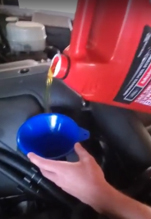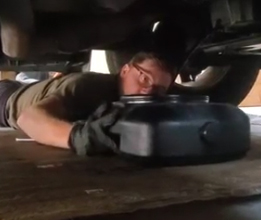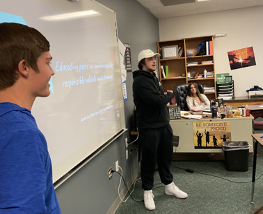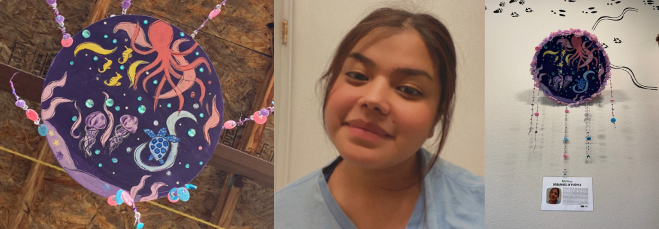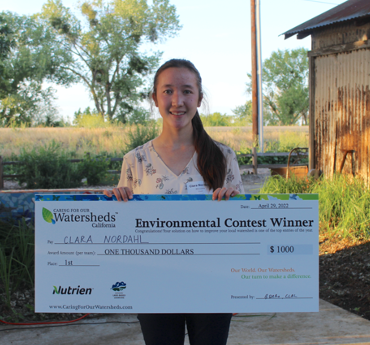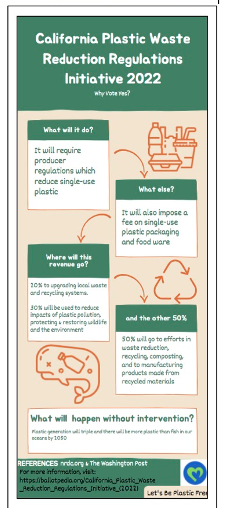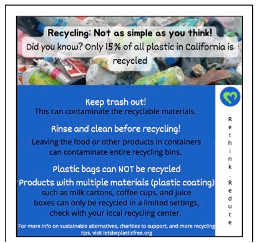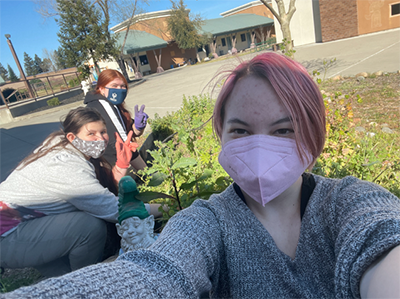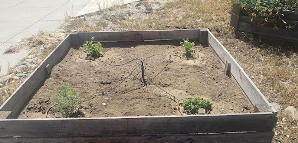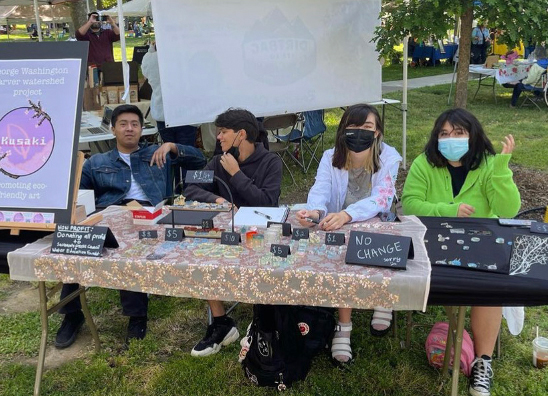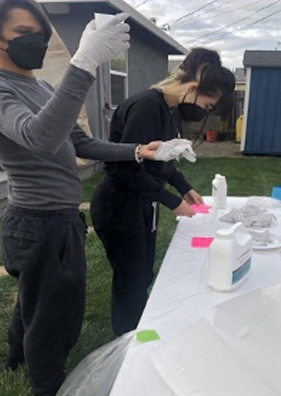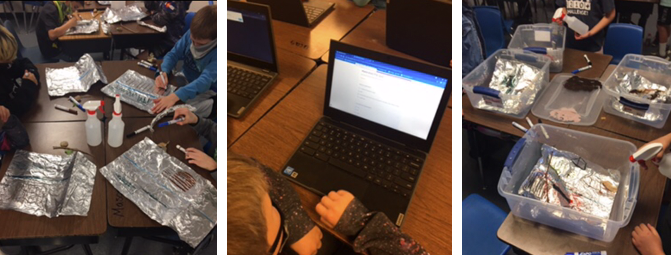Greeley Central High School, Greeley, Colorado, USA
Leighann Silvernail from Greeley Central High School was aware that pollinator habitats have been declining and wanted to do something about it. Leighann worked with their environmental club to give peers the opportunity to build seed bombs and paint terracotta pots during earth week. This event was strategically organized to give students the opportunity to socialize with one another after a difficult year with COVID-19. The seed bombs contained native wildflower seeds encased in pulverized paper. When the seed bombs were complete, students took them home along with an informational flyer describing how to plant and maintain the seed bombs so they would hopefully bloom –benefitting pollinators. The painted terracotta plants, that were to include basil plants grown in upcycled plastic containers, were donated to seniors at a local senior home. This project allowed students to artistically express themselves through the painting of terracotta pots, create seed bombs that would benefit pollinators, enjoy an opportunity to socialize with peers, and gift seniors a decoration piece for their room that would further benefit pollinators by contributing to better air quality. Leighann’s project addressed Targets 12.5 and 15.5 of the Sustainable Development Goals.


